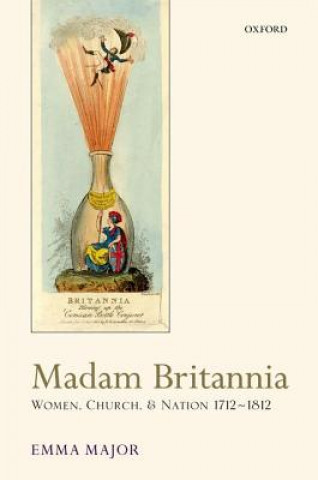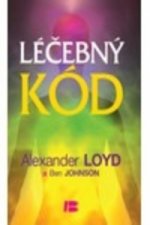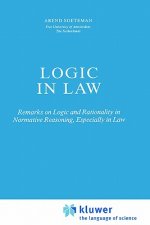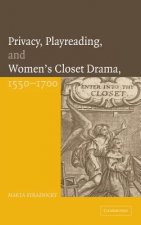
Doručení
Nákupní rádce





Nehodí se? Vůbec nevadí! U nás můžete do 30 dní vrátit
 Dárkový poukaz
V libovolné hodnotě
Dárkový poukaz
V libovolné hodnotě
S dárkovým poukazem nešlápnete vedle. Obdarovaný si za dárkový poukaz může vybrat cokoliv z naší nabídky.
Madam Britannia
 Angličtina
Angličtina
 565 b
565 b
30 dní na vrácení zboží
Mohlo by vás také zajímat


Madam Britannia: Women, Church, and Nation, 1712-1812 explores the complex and fascinating relationship between women, Protestantism, and nationhood. Opening with a history of Britannia, this book argues that Britannia becomes increasingly popular as a national emblem from 1688 onwards. Over the eighteenth century, depictions of Britannia become exemplary as well as emblematic, her behaviour to be imitated as well as admired. Britannia takes life during the eighteenth century, stepping out of iconic representation on coins, out of the pages of James Thomson's poetry, down from the stage of David Mallett's plays, the frames of Francis Hayman and William Hogarth's paintings, and John Flaxman's monuments to enter people's lives as an identity to be experienced. One of the key strands explored in this book is Britannia's relationship to female personifications of the Church of England, which themselves often drew on key Protestant Queens such as Elizabeth I and Anne. But during the eighteenth century, Britannia also gained cultural status by being a female figure of nationhood at a time when Enlightenment historians developed conjectural histories which placed women at the centre of civilisation. Women's religion, conversation, and social practice thus had a new resonance in this new, self-consciously civilised age. In this book, Emma Major looks at how narratives of faith, national identity, and civilisation allowed women such as Elizabeth Burnet, Elizabeth Montagu, Catherine Talbot, Anna Laetitia Barbauld, Hester Lynch Thrale Piozzi, and Hannah More to see themselves as active agents in the shaping of the nation.
Informace o knize
 Angličtina
Angličtina
Kategorie




 Jak nakupovat
Jak nakupovat






























